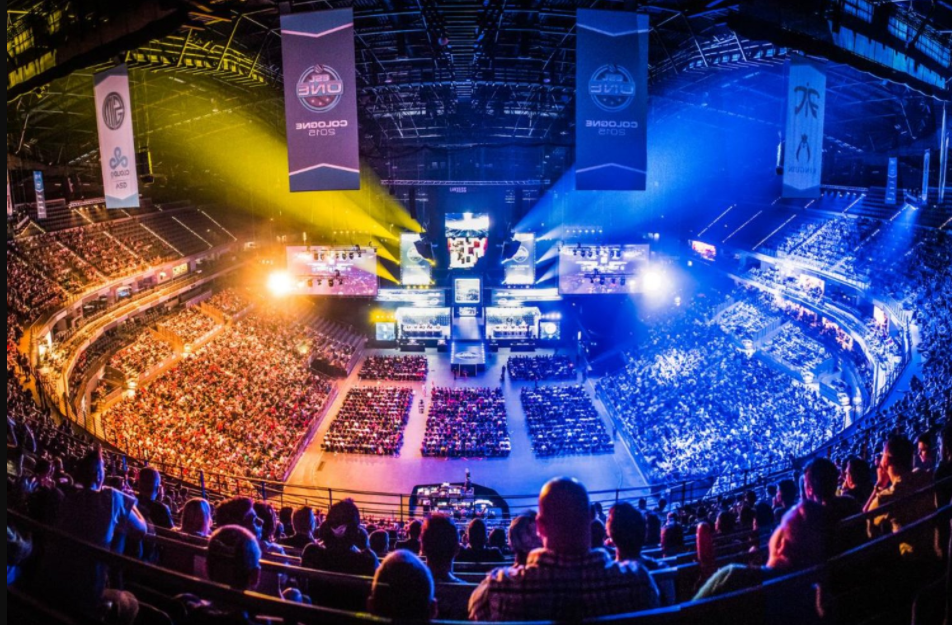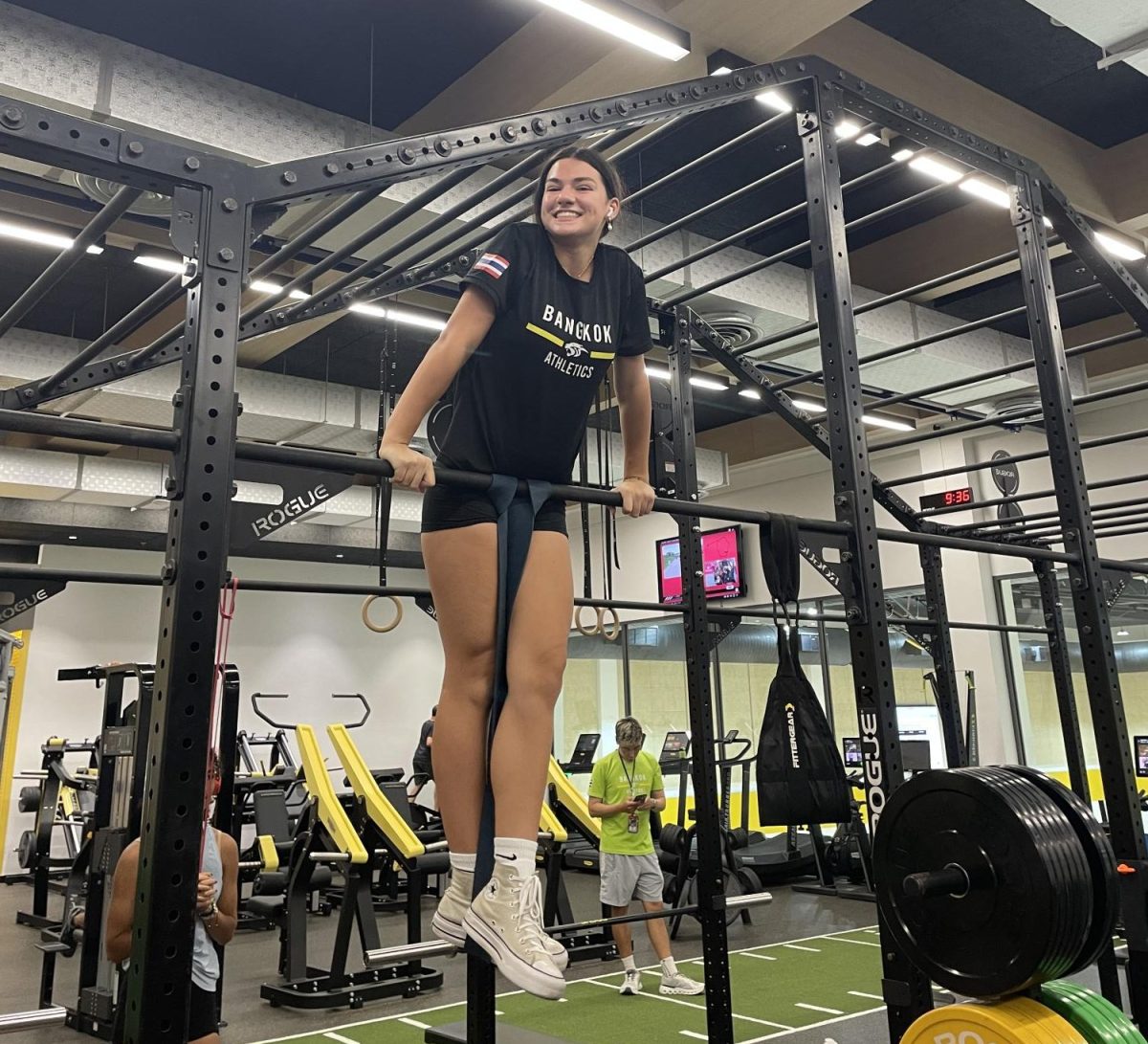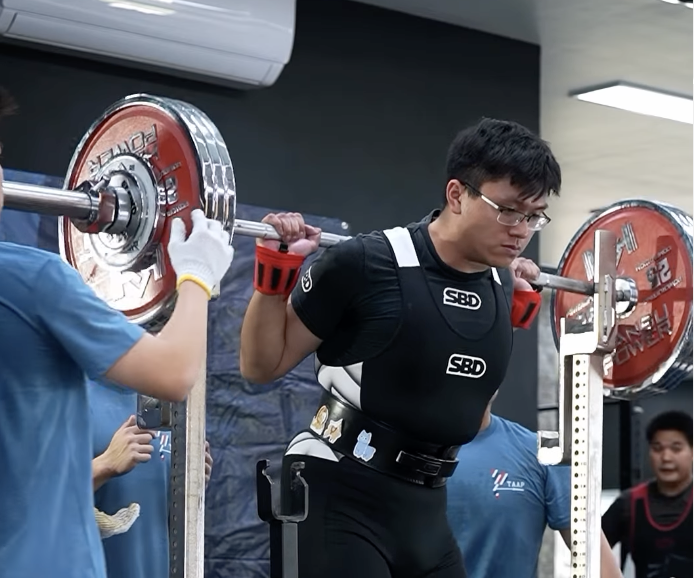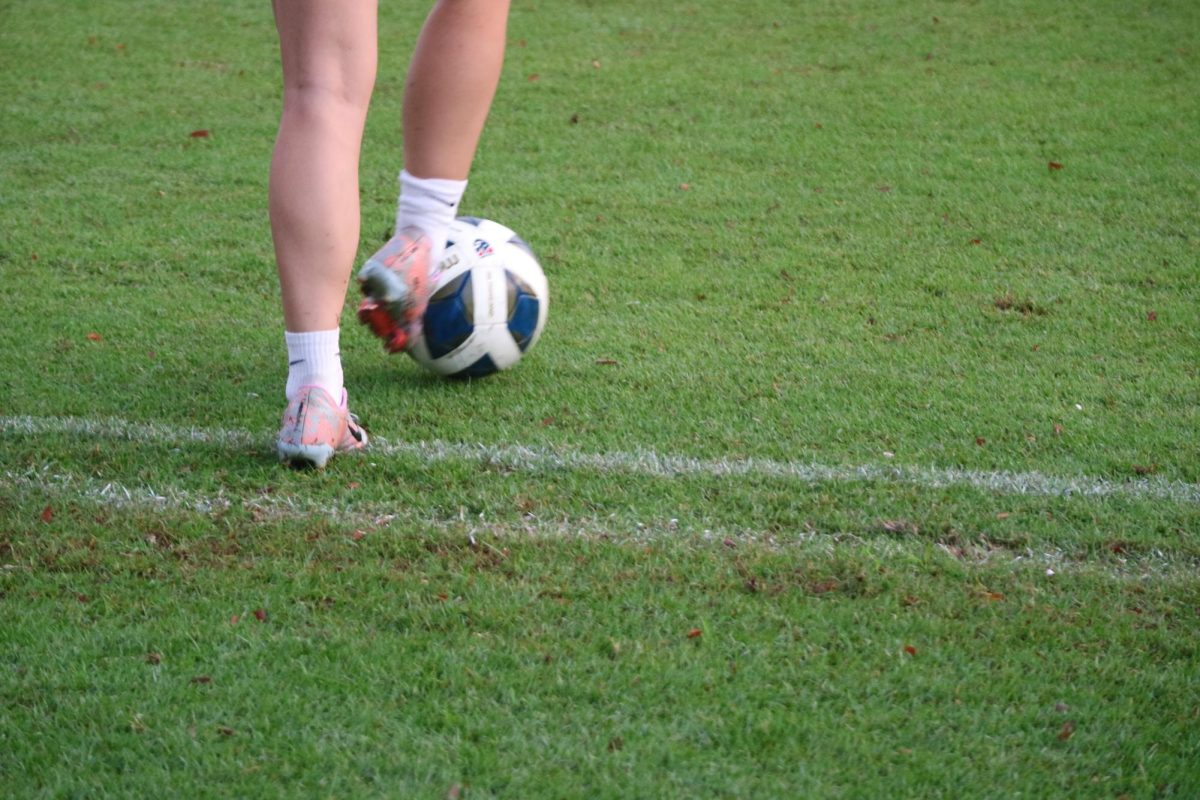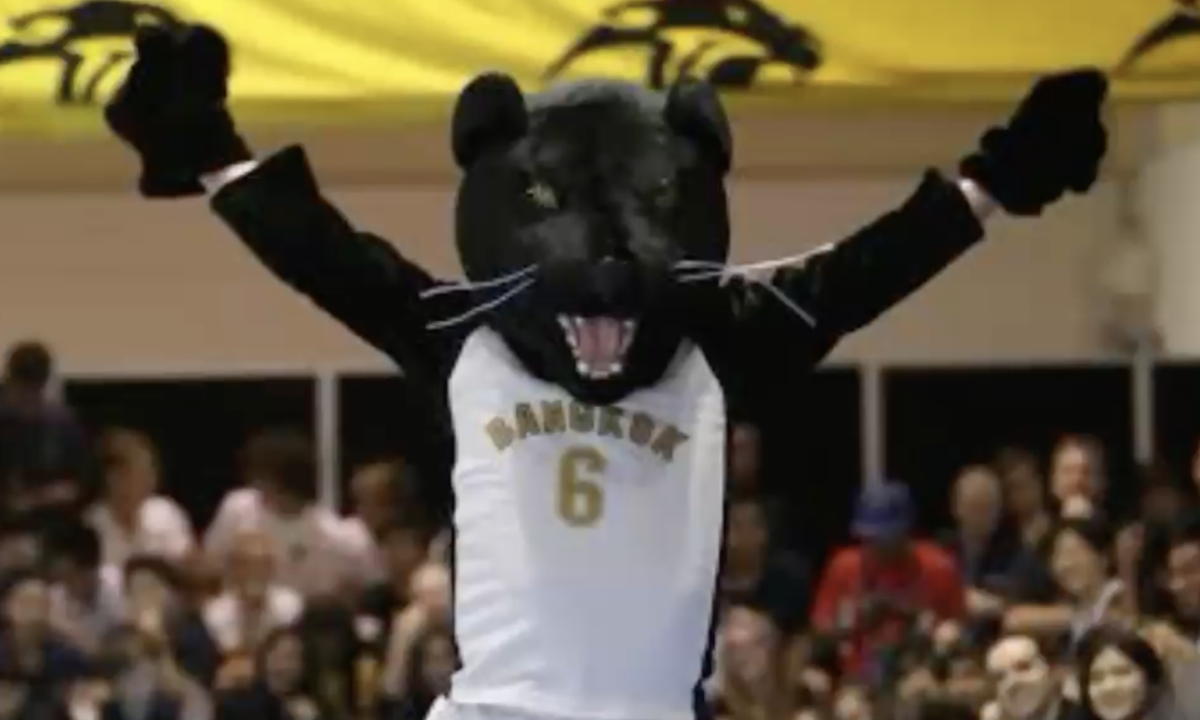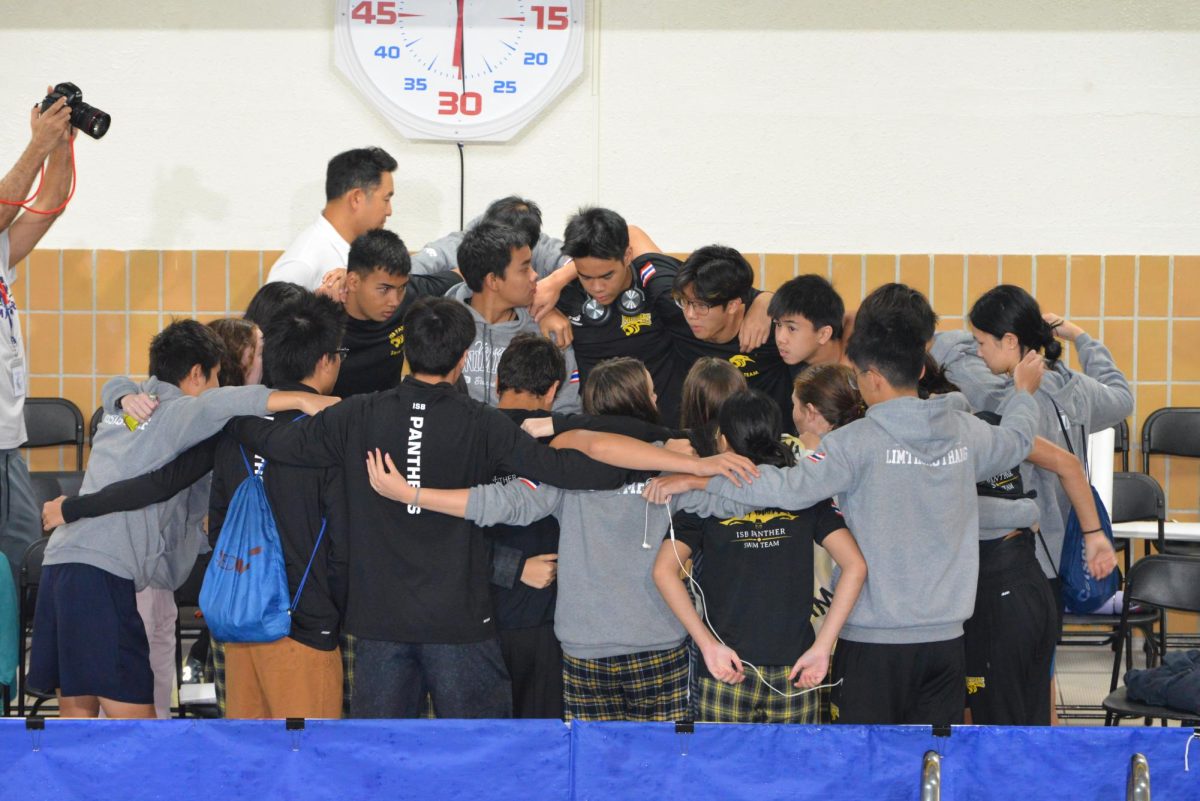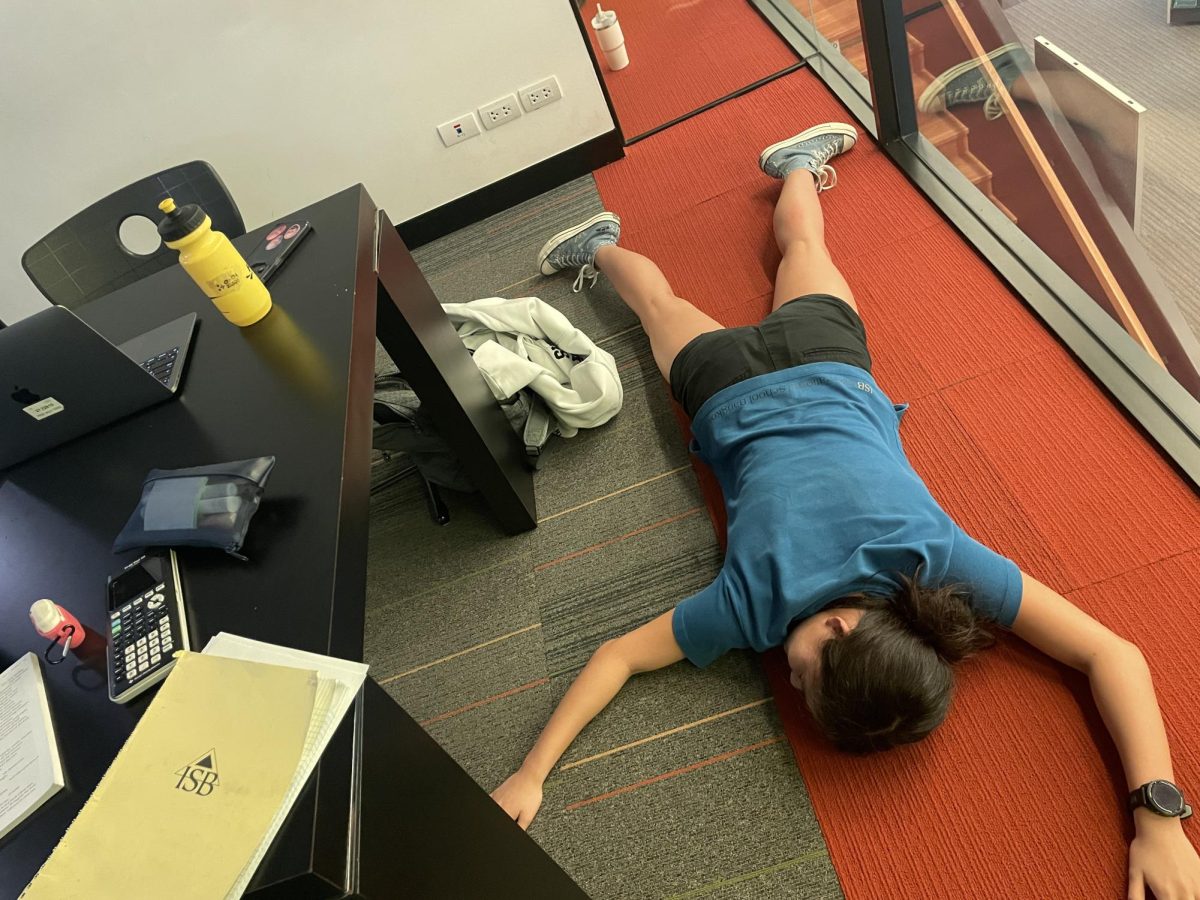Thousands of fans queue outside, eagerly awaiting a glimpse of their heroes. Inside the stadium, a shining trophy stands in the middle. The players arrive, eyeing the trophy as they make their way to their positions. One team forms a pre-match huddle; the other waits patiently for the game to commence. The commentators announces the start of the game and the fans go crazy.
But this is not the finals of the FIFA World Cup. This is not the game 7 of the Major League Baseball World Series. This is not Wimbledon. This is eSports, the biggest thing to hit the technology industry since the launch of the first iPhone in 2007.
In South Korea, which is recognized as one of the most tech-advanced countries in the world, stadiums once used to host football matches at the 2002 FIFA World Cup are now being packed to full capacity with eSports fans.
Since 2014, the eSports global audience grew from 204 million to 292 million and it is estimated to exceed 427 million by 2019. Global revenue in the eSports industry rose from $194 million to $463 million in the same time period and is expected to surpass $1 billion by 2019.
In eSports, coaches and players study other players, not just the way they play the game but the way they live as well. This is to ensure eSports is a complete spectator sport. While for the fans, it is the same as if you go to a football match and you are jumping up and down. You enjoy the moment with people you do not even know. It stays with you.
 However, some would argue that these are not necessarily the hallmarks of conventional sport. What about the elements of competition, entertainment and skill?
However, some would argue that these are not necessarily the hallmarks of conventional sport. What about the elements of competition, entertainment and skill?
Sam Mathews, founder of Fnatic (professional eSports organization headquartered in London), lists his organization as a sports team on Facebook and has over 2.5 million likes. He defines eSports as a ‘competition augmented by technology!’ He says that eSports is as highly strategic as actual professional sports. His players often spend 10 to 12 hours a day of gaming just to perform that one movement or skill shot better to take down the heroes of the opponents. Fnatic, as well as other professional eSports organization, has a live-in coach, analysts, and a huge support network as well.
If physical exertion and sheer power are dispelled, reflexes and mental agility come to the fore. Still, mindful of the saying that a healthy body is a healthy mind, many professionals spend hours in the gym to help keep their brains sharp.
The desire to be the best manifests itself in eSports just as it does in traditional sports. If you perform, you are going to receive a lot of praise. However, if you were to miss or fail an action, you can bring your team down, affect your team’s performance and get a lot of blame. These are not just kids playing video games.
With so much money at stake, there have also been match-fixing and doping scandals in recent years, which are also the common happenings in professional sports. WESA, an independent regulatory board, claims that it will further professionalize eSports by introducing elements of player representation, standardized regulations, and revenue sharing for teams, thus making eSports more legitimate.
What is striking is that while conventional sports reflect back upon the times gone by, eSports fans and players are only looking forward to the future.
Alex C

